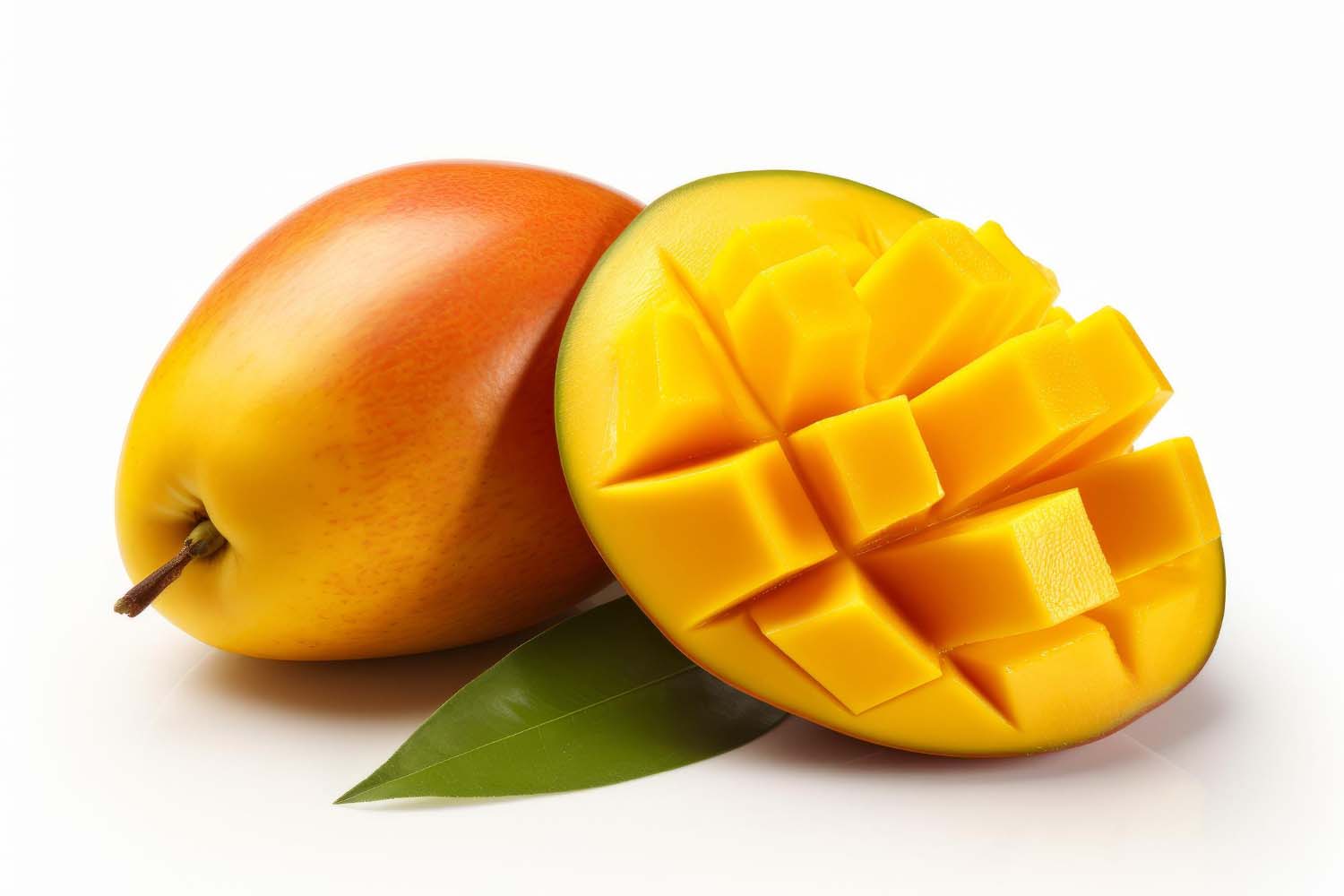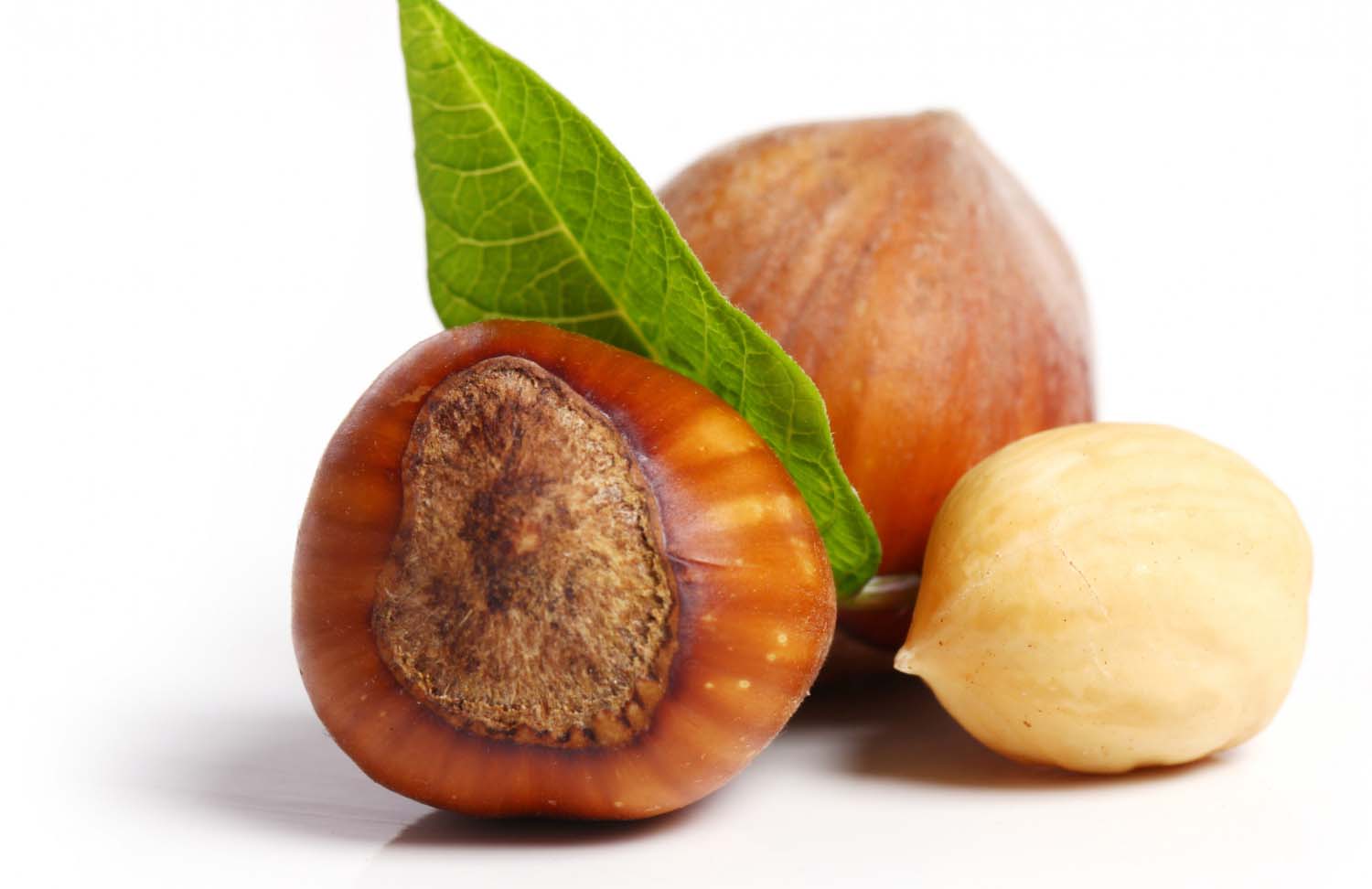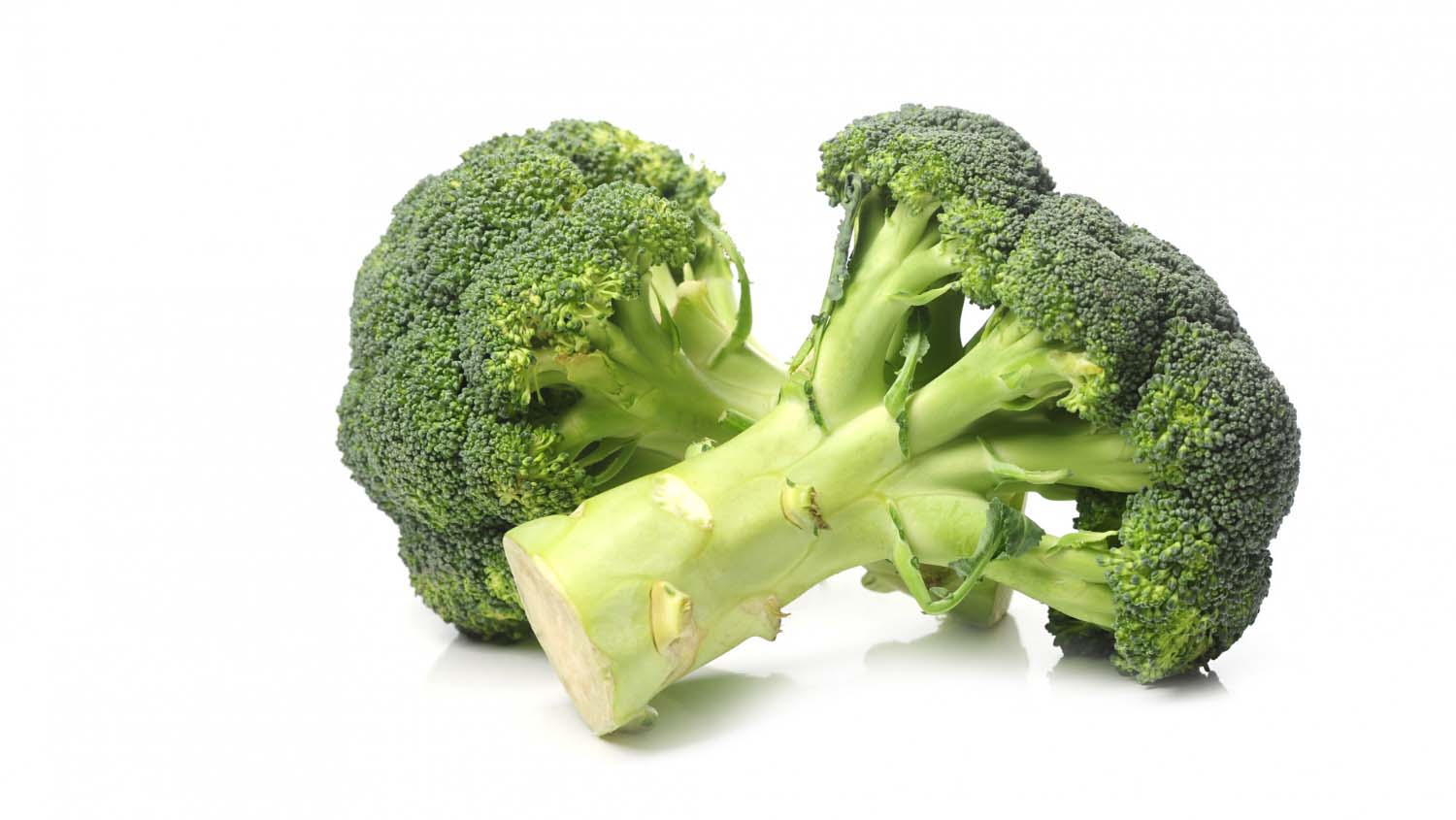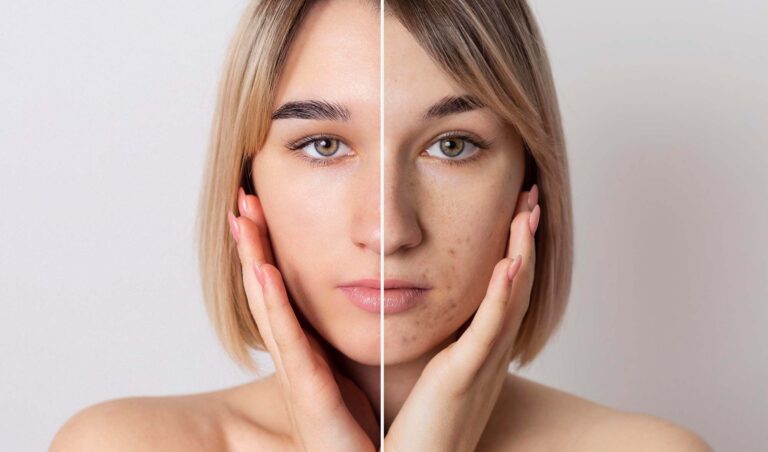Vitamin E is a vital nutrient for good health, particularly brain health! It is found in a wide variety of foods and supplements, so the best way to consume this vitamin is through a healthy diet. Vitamin E is important for many areas of the body including vision, reproduction, blood health, and most importantly, brain health. Since human beings don’t come packaged with all the vitamins and minerals we need, we need to make sure we get them from a good diet and proper supplementation.
This remarkable vitamin is not content with just preserving your youth; it also bolsters your immune system, safeguarding your fortress against illnesses. As a warrior of wellness, it ensures that you remain resilient and strong, even in the face of adversity.
It not only slows the ticking of the aging clock but also nurtures our skin, bestowing upon us a radiant glow that defies the years. Like an artist painting a masterpiece, vitamin E can enhance your skin’s natural beauty, leaving you with a canvas of health and vitality.
What are the best sources of vitamin E?
-
Mango

Mango nutrition is thought to be one of the best brain foods since it is a great source of vitamin B6, which is necessary for brain health. Indeed, several studies indicate that deficiencies in this important vitamin may be linked to neurological deterioration and reduced cognitive performance.
-
Kiwi

kiwis are beneficial for mental and overall brain health. Kiwi is rich in carotenoids, such as beta carotene, lutein, and polyphenols, and antioxidants, such as vitamins C and E.
-
Sweet Potatoes

sweet potatoes include vitamins B6 and C, both of which have significant health advantages. Vitamin B6 supports adult brain function as well as child brain development.
-
Papaya

Papaya contains a type of antioxidant called carotenoids, which aid in scavenging the brain’s overabundance of free radicals. One of the main causes of Alzheimer’s is an excess of free radicals. Papaya also has omega-3 fatty acids and choline, which promote better brain function and a quicker responsiveness.
-
Hazelnut

Hazelnuts may lower the risk of Alzheimer’s disease and enhance cognitive performance. High concentrations of flavonoids, which have been demonstrated to improve blood flow and oxygenation to the brain, are found in hazelnut.
-
Sunflower Seeds

Sunflower seeds are rich in mono and polyunsaturated fatty acids and contain several vitamins and minerals including vitamin E, vitamin C, B1, B3, B5, B6, calcium, magnesium, potassium, zinc and selenium. They also contain tryptophan, which helps the brain to produce the calming neurotransmitter serotonin.
-
Dried Apricot

These antioxidants aid in reducing inflammation throughout the body, including the brain, and neutralising dangerous free radicals. Dried apricots may improve cognitive performance and brain health by lowering oxidative stress.
-
Peanuts

peanuts are a legume with a superior nutritional profile. They are packed with protein and unsaturated fats to sustain a person’s energy levels all day. High concentrations of vitamin E and resveratrol are among the essential vitamins and minerals found in peanuts that support brain health.
-
Eggs

The presence of choline and lutein in eggs, two nutrients crucial for brain development, memory, and learning, makes eggs a vital component of this research. In foetal development as well as during adulthood, choline is essential for healthy brain development.
-
Brocle

Many of the chemicals that give broccoli its anti-inflammatory and antioxidant properties may also help shield the brain from harm.
Benefits of vitamin E related to brain
As one of the fat-soluble vitamins, vitamin E is a name that refers to a class of eight molecules. This class of compounds includes tocotrienols and the tocopherols α, β, γ, and δ. Their primary attribute is their capacity to function as antioxidants. However, vitamin E’s importance for brain health is further supported by its neuroprotective, anti-inflammatory, and hypocholesterolemic capabilities .
Vitamin E, nature’s golden elixir, blesses us with a tapestry of inspiring benefits. It’s the guardian of our well-being, nurturing our body and spirit like a faithful protector. Benefits related to the brain are:
- Brain’s Bodyguard: Picture vitamin E as a valiant knight guarding your brain’s castle. It shields your precious brain cells from the attacks of free radicals, ensuring they remain strong and resilient. Just like a knight protecting the kingdom, vitamin E defends your cognitive realm.
- Memory Booster: Vitamin E is akin to a trusty scribe in your mental library. It helps you record and retrieve memories with precision, turning your mind into an organized treasure trove of experiences. Embrace this memory booster, and you’ll find yourself effortlessly recalling the chapters of your life’s story.
- Happy Thoughts: Imagine vitamin E as a cheerful conductor of your brain’s orchestra. It orchestrates a symphony of positivity, reducing the volume of anxious thoughts and raising the curtain on a stage where happiness takes the lead role. Just like a conductor sets the mood of a performance, vitamin E sets the stage for joy in your mind.
- Quick Thinking: It’s like a fitness trainer for your brain. Vitamin E enhances your mental flexibility, making your cognitive muscles more agile. Just as an experienced coach helps athletes excel, vitamin E assists your brain in quick thinking, easy learning, and creative problem-solving.
- Timeless Mind: Think of vitamin E as a timeless wanderer. It keeps your brain’s clock from ticking too quickly. With its protective embrace, your mind stays young, full of vigor, and always ready for new adventures. Like a traveller who never grows old, vitamin E ensures your mind remains forever youthful.
Embrace vitamin E as your brain’s steadfast ally on the journey of life. It’s not just a nutrient; it’s a source of inspiration for your brain’s limitless potential. With its support, your mind can reach new heights, explore uncharted territories, and achieve greatness, just like a hero embarking on an epic quest.
How much vitamin E do we need?
| Age / Life Stage | Recommended Daily Intake of Vitamin E (in milligrams) |
|---|---|
| Infants (0-6 months) | 4 mg (6 IU) |
| Infants (7-12 months) | 5 mg (7.5 IU) |
| Children (1-3 years) | 6 mg (9 IU) |
| Children (4-8 years) | 7 mg (10.4 IU) |
| Children (9-13 years) | 11 mg (16.4 IU) |
| Adolescents (14-18 years) | 15 mg (22.4 IU) |
| Adult Men (19 years and older) | 15 mg (22.4 IU) |
| Adult Women (19 years and older) | 15 mg (22.4 IU) |
| Pregnant Adolescents (14-18 years) | 15 mg (22.4 IU) |
| Pregnant Adults (19 years and older) | 15 mg (22.4 IU) |
| Lactating Adolescents (14-18 years) | 19 mg (28.5 IU) |
| Lactating Adults (19 years and older) | 19 mg (28.5 IU) |
| Elderly Adults (65 years and older) | 15 mg (22.4 IU) |
Conclusion
In the grand symphony of life, our minds are the conductors of our destinies, orchestrating the harmonies of our dreams, thoughts, and aspirations. Just as the sun paints the sky with its radiant hues each dawn, vitamin E brings a luminous vibrancy to our mental landscape, strengthening memory, fostering clarity, and enhancing our resilience in the face of life’s challenges. It is the compass guiding us through the labyrinth of our thoughts, a source of inspiration as we journey towards the limitless horizons of human potential.
As we embrace the wisdom of nourishing our minds with this golden nutrient, let us remember that our thoughts and dreams are the guiding stars that illuminate the path to greatness, and with each day, we write a symphony of life, a testament to the incredible and boundless potential of our beautifully nourished minds.



Vitamin E for Brain Health: Nourishing Your Mind